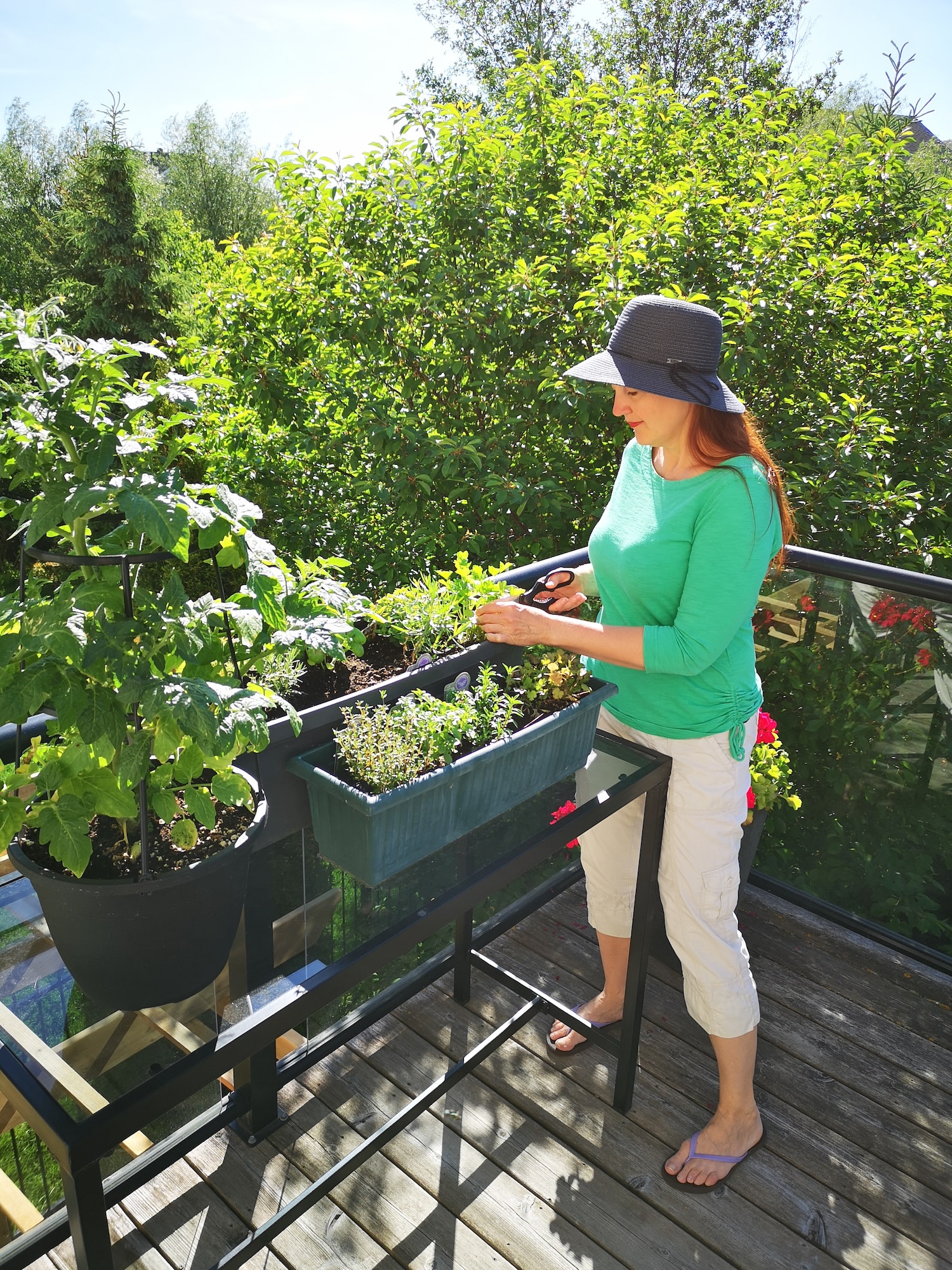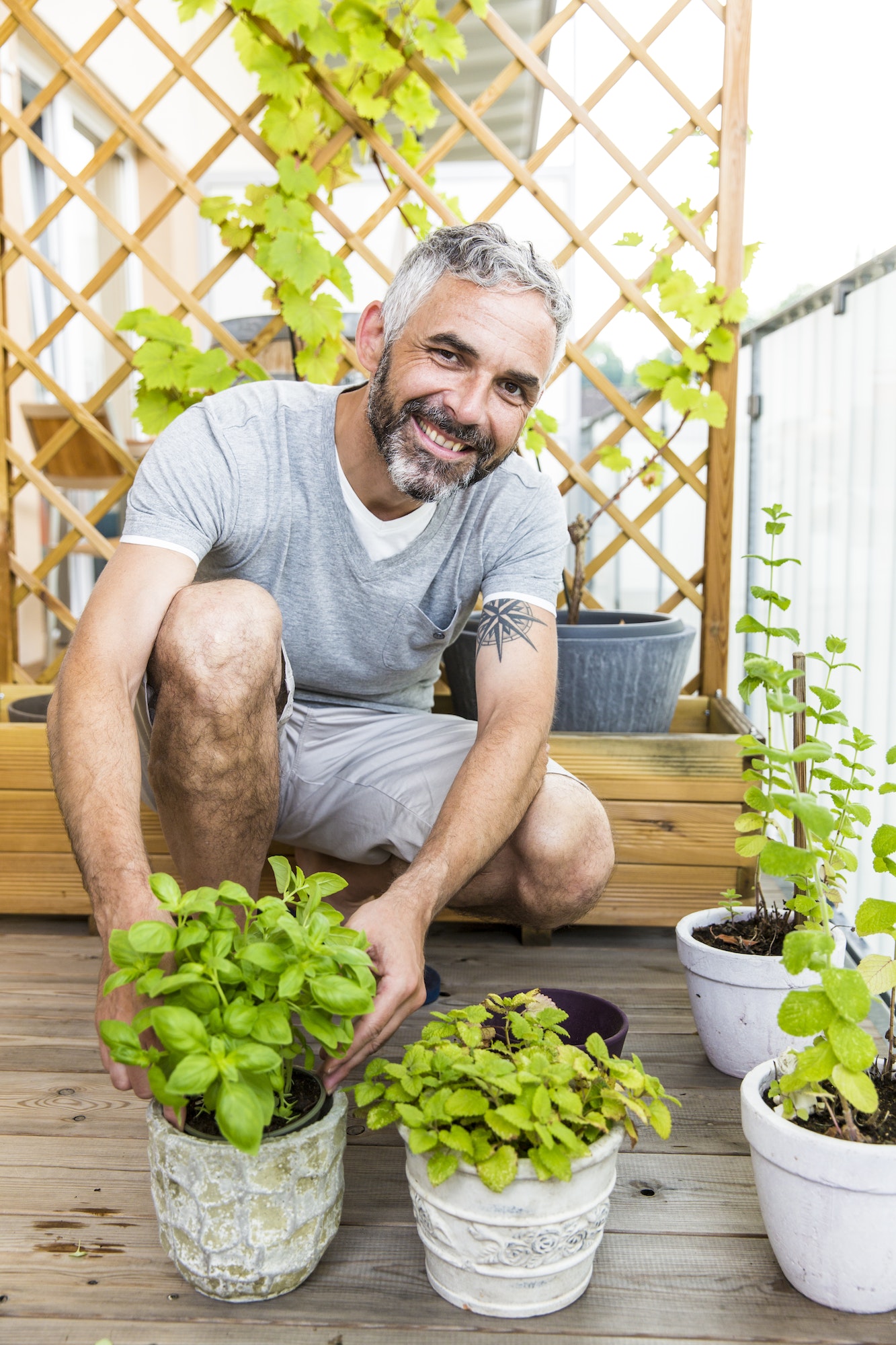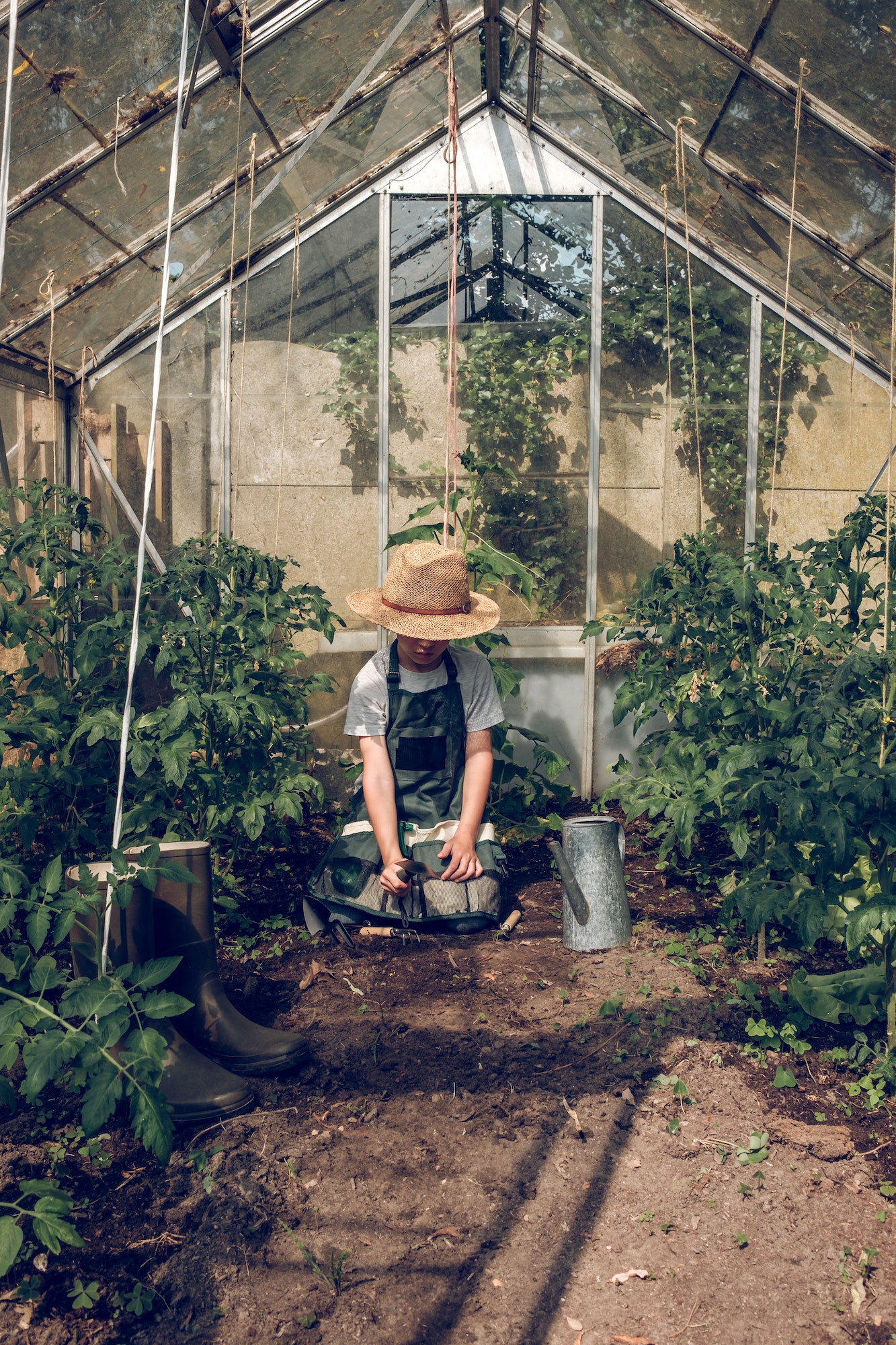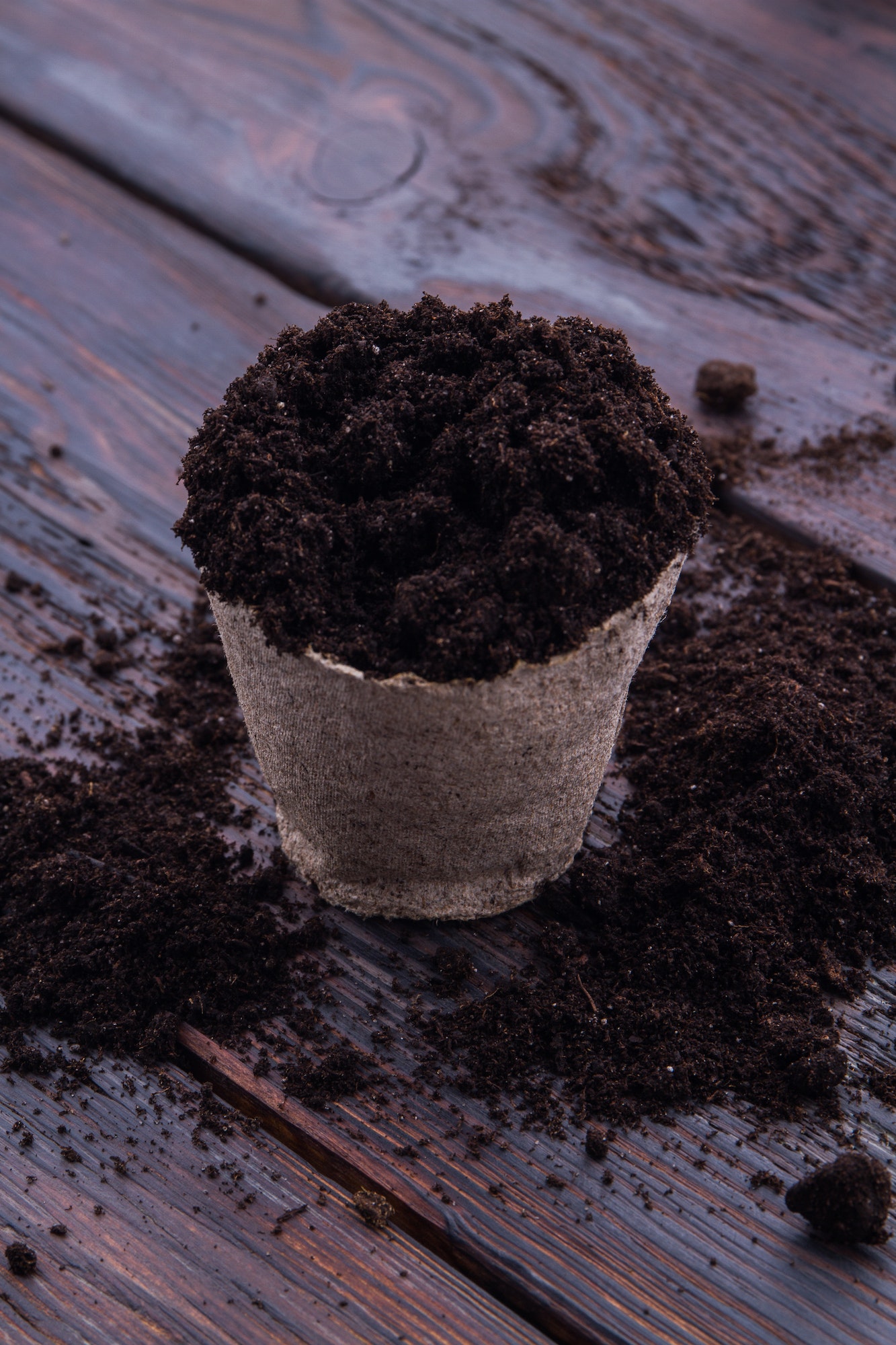Carnivorous plants obtain some or most of their nutrients from trapping and consuming animals, primarily insects and other arthropods.
These plants have evolved specialised features, such as sticky leaves or pitcher-like traps, to capture and digest their prey. They attract their prey through the use of bright colours and sweet nectars.
Their natural habitat is environments such as swamps and bogs where the soil lacks essential nutrients, such as nitrogen and phosphorus, which they obtain from insects. However, they can also be grown and bred in a normal garden.
Many people also grow carnivorous plants in their homes.
Carnivorous plants are more challenging to grow and keep healthy than your average houseplant. These plants are accustomed to very specific conditions, and if these conditions are not met, the plants could die.
Whether you are taking your first few steps into the world of carnivorous plants or have been taking care of them for a while, an online carnivorous plant specialist will help you overcome any challenges you might face.
And that’s precisely Plant Judo is here.
Our expert carnivorous plant specialists are waiting to help you with anything.
Call us now to learn more.



A carnivorous plant specialist is a professional with a deep knowledge and understanding of carnivorous plants and their cultivation.
They help people identify and catalogue different species of carnivorous plants.
They are involved in the growing & cultivating of carnivorous plants and study their biology, ecology, and evolution.
They can also advise and guide other carnivorous plant enthusiasts and participate in conservation and restoration projects for endangered carnivorous plants.
Carnivorous plants fascinate a lot of people. Quite understandable. They appear to defy all conventional preconceptions of what plants are, which is evident in how they move, the organs they develop, and how they sustain themselves.
Here are a few types that you can find at Plant Judo.
This small plant has modified leaves that form a trap to capture insects. The traps are lined with sensitive trigger hairs that, when touched, cause the trap to close quickly.
The leaves of these plants are modified to form deep, slippery traps filled with liquid and are extremely slippery. A liquid containing enzymes digests insects that fall in.
These plants have leaves covered in tentacle-like protrusions and sticky mucilage. Enzymes trap and digest insects that land on the leaves.
Out of all these carnivorous plants, butterworts are one of the easiest carnivorous plants for first-timers.
Dormant plants don’t need much special care during the winter; just stop watering and feeding them during that time. Butterwort prefers indirect sunlight and is very well-drained.

Growing carnivorous plants can be quite challenging. In the present day, many of the species are seriously threatened by poaching. Some species have a very restricted distribution, so a single unscrupulous collector could effectively exterminate the entire population.
In some cases, species can only be found in mossy ridges and mountain summits, the most fragile ecosystems. As a result, habitat degradation is another major threat.
Despite being recorded for the first time, some species are at risk of extinction. However, much remains to be learned about them:
Let us get into more depth.

Carnivorous plants typically grow in nutrient-poor environments such as bogs, fens and swamps. These environments are difficult to replicate in a controlled setting, and if not done correctly, it can lead to the death of the plants.
Carnivorous plants rely on a diet of insects and small prey to supplement their nutrient intake, which can be challenging to provide in a controlled environment.
It can be difficult to control pests and diseases on carnivorous plants.
They cannot deal with greenflies, so you must use traps or biological controls to manage the pest.
Carnivorous plants can also be susceptible to red spider mite, which thrives in hot, dry conditions.
These plants are accustomed to living in wetland environments, but over-watering can lead to the rotting of the roots, which can lead to the death of the plant. Make sure that their compost is moist at all times during warmer months.
It is also important to note that tap water can harm carnivorous plants. It is best to use rainwater.
Carnivorous plants thrive in warm conditions. As such, they require bright, indirect light to grow optimally, and a lack of proper lighting can lead to weak growth and poor health.
Our online carnivorous plant specialists at Plant Judo will help you tackle these challenges by giving you in-depth guidance and insight into what you need to do as a plant parent.


Plant Judo is a team of plant lovers and experienced gardeners that do everything to ensure the health and safety of every garden plant, even carnivorous plants.
We understand that these unique plants require specific care and conditions to thrive. Our team is here to guide you every step of the way.
We will be able to identify and diagnose any problems that your carnivorous plant might have and then give you instructions on how to nurse them back to health.
We offer virtual consultations to all our clients.
We will work closely with you to ensure that your carnivorous plants are healthy and thriving.
Don’t hesitate to contact us if you have any questions or concerns about caring for your carnivorous plants.

It is unwise to use a houseplant potting mix. Carnivorous plants need special growing mediums. The most common growing mediums tend to be peat-based.
A healthy carnivorous plant will have green, vibrant leaves and a strong root system. It should also be actively producing traps and catching prey. If a plant appears wilted, discoloured, or has few traps, it may not be getting the care it needs.
A carnivorous plant specialist can help you take care of your carnivorous plants by providing specific care instructions for the types of plants you have, identifying and diagnosing any problems with your plants, and recommending appropriate fertilisers and pesticides.
They can also help you create the proper growing conditions for your plants, such as the right amount of light and humidity, and can advise you on how to propagate and re-pot your plants.
Additionally, a specialist can provide information about carnivorous plants’ natural habitat and ecology, which can help you understand their needs and how to mimic those conditions in your home or greenhouse.

Copyright © 2024 Plant Judo. All Rights Reserved
Kemp House, 152 – 160 City Road,
London, EC1V 2NX
United Kingdom